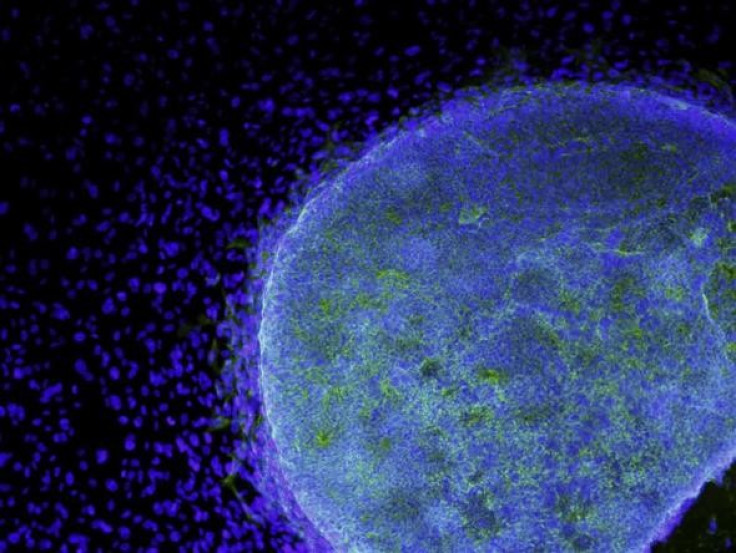European Patent Ruling Bans Embryonic Stem Cell Research

The European Union's top court ruled Tuesday that scientists cannot patent stem cell techniques that use human embryos for research, setting back potential treatments for a range of disorders.
The European Court of Justice in Luxemburg said the law protects human embryos from any use that could undermine "human dignity."
Many scientists have expressed their dismay at the decision, saying the ban will act as a huge disincentive for researchers and companies who would be less interested in pursuing stem cell research as they would be unable to protect their inventions.
Scientists believe the controversial area of research - opposed by some groups for religious and moral reasons - could revolutionise medicine over the next few decades, with the potential to find treatments for a range of disorders such as Parkinson's, diabetes and heart disease as embryonic stem cells can be transformed into any other type of body tissue.
"The use of human embryos for therapeutic or diagnostic purposes which are applied to the human embryo and are useful to it is patentable," said the ECJ said in a statement.
"But their use for purposes of scientific research is not patentable."
"This is a devastating decision that will stop stem cell therapies' use in medicine," said Pete Coffey, a researcher at University College London.
"The potential to treat disabling and life-threatening diseases using stem cells will not be realised in Europe.
"I have just won a prize from the New York Stem Cell Foundation for translating stem cell research into clinical practice, yet I now find that Europe, the continent in which I am doing this research, is basically calling me immoral."
Some welcomed the decision. The German Catholic Bishops' Conference called it a "victory for human dignity."
"We are in favour of research and development in biotechnology, but human beings must not be destroyed, not even in the early stages of their development," added Peter Liese, of the EPP Christian Democrat group at the European parliament.
The ruling still permits the patenting of work using adult stem cells and pluripotent stem cells - adult cells artificially transformed into stem cells - but the research potential with this technique is limited.
As of now, there are no such restrictions on obtaining patents on stem cell techniques in the U.S., meaning many scientists may now switch to the U.S. in order to secure investment.
© Copyright IBTimes 2024. All rights reserved.





